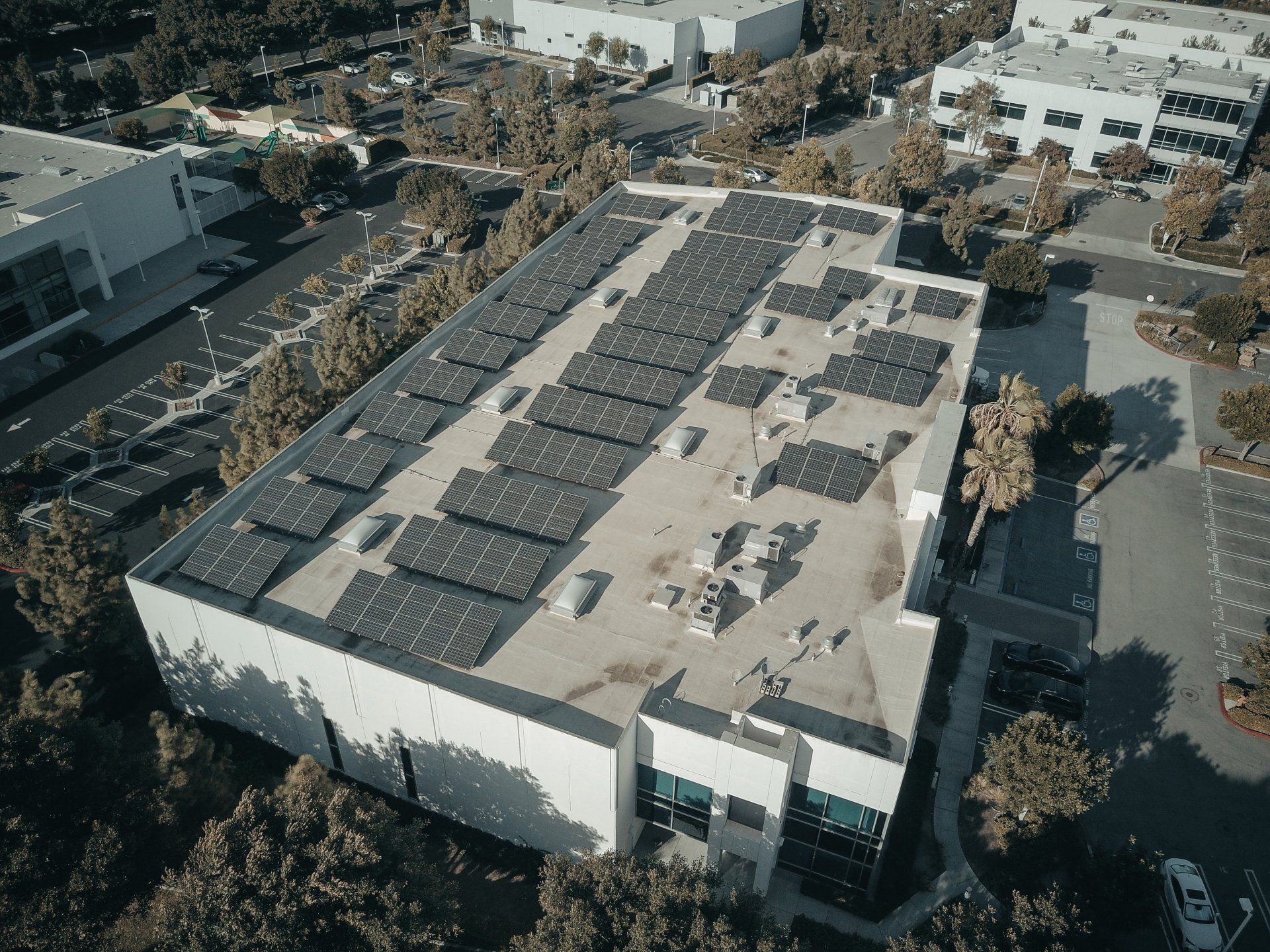Commercial Real Estate Financing Options for Investors
Securing financing for commercial real estate investments is an important step in the investment process, as it allows investors to purchase and develop properties without using their own capital. In this guide, we will explore how commercial real estate financing works and explore the key financing options available to commercial real estate investors.

Commercial real estate financing works by borrowing money from a lender to purchase or develop a commercial property. The loan is secured by the property, and the borrower repays the loan over time, typically with interest.
There are a number of different financing options available for commercial real estate, including traditional bank loans, SBA loans, and commercial mortgage-backed securities (CMBS). Each option has its own advantages and disadvantages, and it is important to carefully consider the terms, interest rates, and repayment options before choosing the best financing option for your investment.
Traditional bank loans are typically the most straightforward and accessible financing option for commercial real estate. They offer a flexible repayment schedule, but typically have higher interest rates and stricter underwriting criteria compared to other options.
SBA loans are government-guaranteed loans designed for small businesses, and can be used for commercial real estate investments. SBA loans have lower interest rates and more favorable terms compared to traditional bank loans, but they also have longer application processes and more stringent underwriting criteria.
Commercial mortgage-backed securities (CMBS) are investment securities backed by a pool of commercial mortgage loans. They are typically issued by large financial institutions and can offer lower interest rates compared to traditional bank loans, but they are also more complex and may require more investment expertise.
When choosing the right financing option for your commercial real estate investment, it is important to consider the terms and conditions, interest rates, and repayment options, as well as your investment goals and experience level.
In addition, commercial real estate investors can also consider alternative financing options, such as private equity financing and crowdfunding. These options can provide investors with more flexible financing options and the opportunity to invest in commercial real estate with a smaller investment.
-
What are the main types of commercial real estate financing options for investors?
There are several financing options for commercial real estate investment, including traditional bank loans, SBA loans, crowdfunding, hard money loans, and mezzanine financing.
-
What are the criteria for getting approved for a commercial real estate loan?
Approval criteria for a commercial real estate loan usually include the borrower’s credit score, income, experience in the real estate industry, and the value of the property being purchased. Lenders may also consider the location and potential income from the property.
-
Can I get financing for a commercial real estate investment if I have bad credit?
Bad credit can make it more challenging to get approved for a loan, but it’s not impossible. Options for bad credit borrowers may include hard money loans, which have more lenient credit requirements, or finding a co-signer with a strong credit history.
-
How does the interest rate on a commercial real estate loan compare to other types of loans?
Interest rates on commercial real estate loans tend to be higher than rates on residential loans, but lower than rates on short-term financing options such as hard money loans. The interest rate will also depend on the lender, the type of loan, and the borrower’s financial situation.
-
Can I get a commercial real estate loan for a property that’s not yet built or is still in the development stage?
Yes, you can get financing for a commercial real estate property that is still in the development stage. This type of financing is called construction financing and is typically used to cover the costs of construction and other expenses until the property is completed and can generate income.










